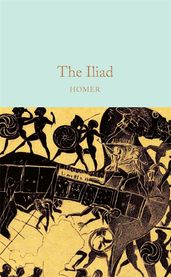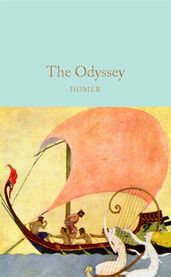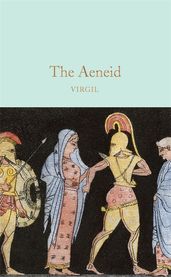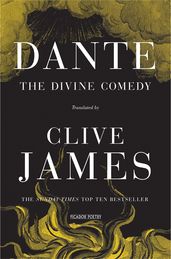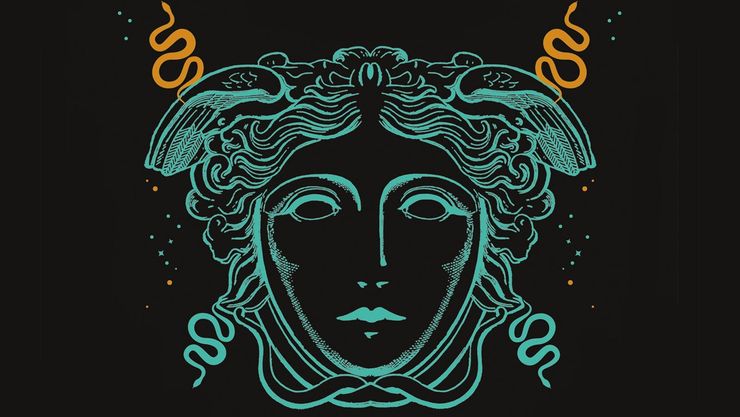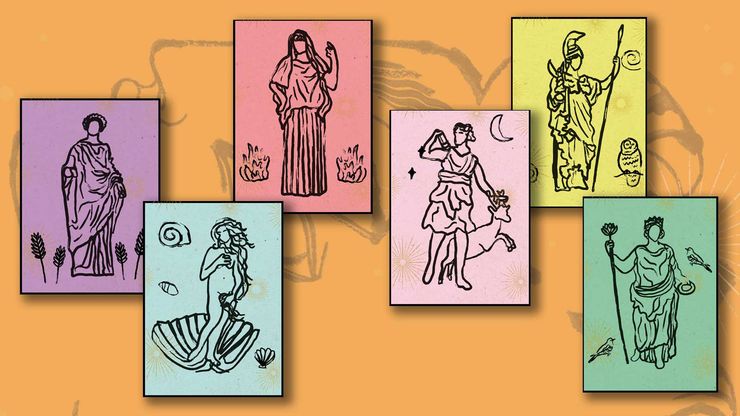Truly epic classic poetry everyone should read
Vast in scope, influential, enduring and very entertaining, these narrative poems really are worth your time.
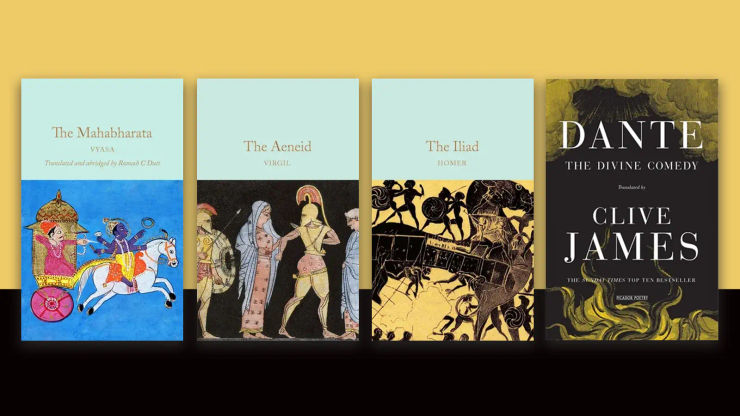
Yes, they're very long. They're also very good. Dust off your shlokas and your dactylic hexameter and get ready to revel in some monumental heroics and immortal interfering with these brilliant epic poems. Hwæt!
The Mahabharata
by Romesh C Dutt
Thought to be the longest epic poem ever written, The Mahabharata takes its rightful place at the top of our list. Written in Sanskrit and added to over decades, its final form takes in a vast range of stories, legends and characters. This edition uses Romesh C Dutt's English language translation, originally published in 1898. Abridging the Sanskrit original, Dutt pulls out the main narrative threads and links them with short, explanatory notes, throwing the reader into the devastating conflict over succession, inheritance and honour between the Pandava and Kaurava families.
The Ramayana
by Romesh C Dutt
Also translated by Dutt, The Ramayana follows prince Rama, an incarnation of the Hindu god Vishnu. Cast into exile, Rama's quest focuses on rescuing his wife, Sita, from a demon king, alongside his brother and an army of monkeys. It's a tale of loyalty, devotion and good versus evil.
The Iliad
by Homer
Was this the poem that launched a thousand artistic tributes and references? Homer's epic tale of the Trojan war has inspired writers, artists and composers through the ages. Come for all the big names (Achilles, check; Odysseus, check; Athena, check) and to fully understand what a Trojan horse is, stay for the huge battles and a genuinely gripping read. Trojan Prince Paris has abducted Helen from her Greek husband, Menelaos, and the Greeks are incensed. We join them ten years into their siege of Troy. War, grief, revenge, love, cunning: all of life is here.
Don't Miss
Explore the significance of the catalogue of ships in The Iliad, and other details in classics you might have missed.
Read moreThe Odyssey
by Homer
Odysseus, the master strategist and powerful orator, who helped secure victory for the Greeks in the Trojan war, takes his time getting back to Ithaca and his wife and son. Ten years, in fact. His tale is perhaps Western literature’s first adventure story, taking in giants, a cyclops, sea-monsters and sirens, while Penelope sees off suitors as she awaits his return.
The Aeneid
by Virgil
If The Odyssey shows us the aftermath of the Trojan War from a Greek perspective, The Aeneid is its Trojan mirror. It follows Aeneas, fleeing the fall of Troy with his father Anchises and song Ascanius, on a journey that will end with the foundation of Rome. But Aeneas will need to gain the experience necessary for such a task. There are storms to weather, more cyclopes, Dido, Queen of Carthage and a visit to the Underworld to contend with first.
The Divine Comedy
by Clive James
Neatly linking his own work to past poetic traditions, Dante gives Virgil, writer of The Aeneid, a part in his travels through the three realms of the dead: Virgil is his guide through Hell (Inferno) and most of Purgatory (Purgatorio), before Beatrice guides him through Paradiso. Full of drama, as one might expect for a story partly set in Hell, the spiritual and the sublime, this edition is translated by Clive James, who viewed it as his life's work.
Paradise Lost
by John Milton
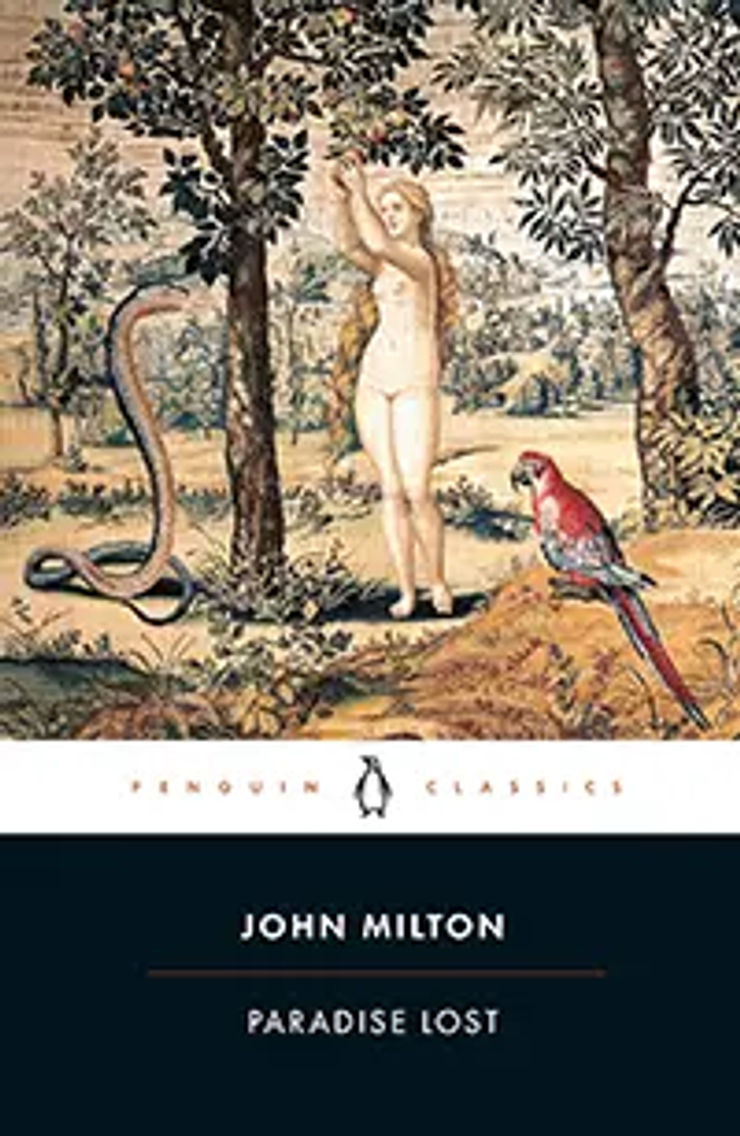
Milton's seventeenth-century poem opens with the fall of the frankly rather charismatic Satan and takes in the temptation of Adam and Eve, and their expulsion from Eden. There are huge, heavenly battles (Satan's banished after a failed rebellion against God) alongside a real, quiet humanity in 'the Fall of Man'. Milton professes to wish to 'justify the ways of God to men' but the poem offers rather more ambiguity than this initial proclamation suggests.
Metamorphoses
by Ovid
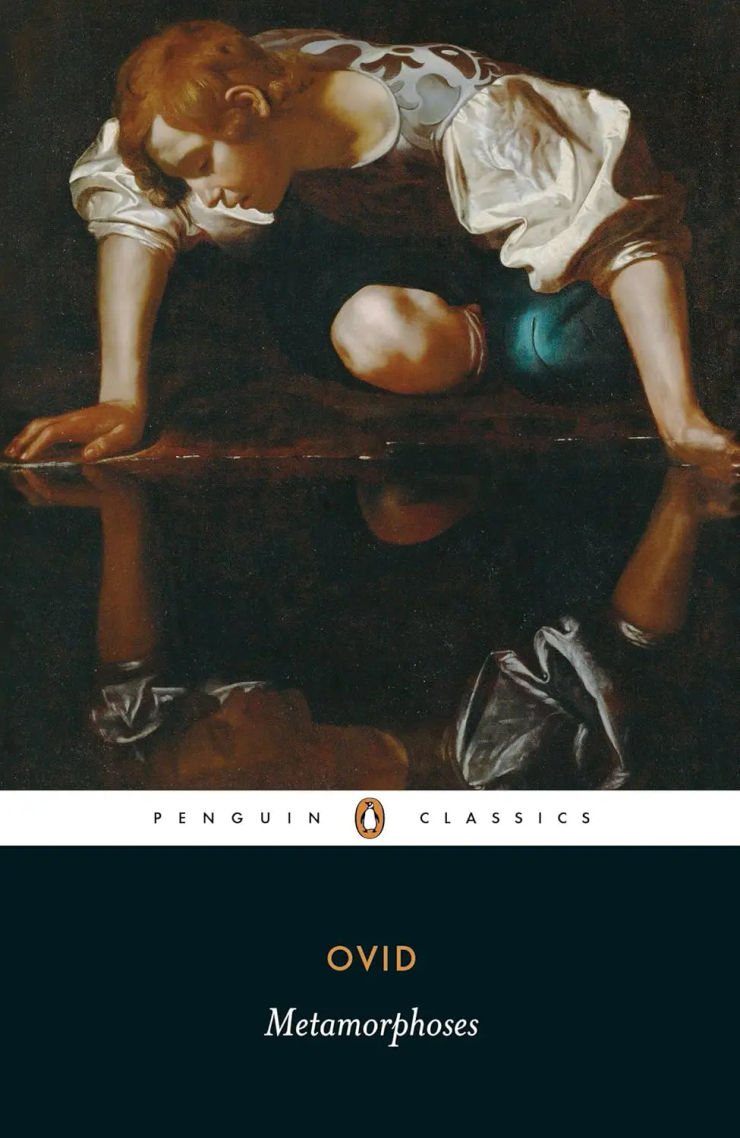
Ovid takes the reader from creation to Caesar through a dazzling trail of stories all connected by the theme of transformation or change. Ingenious and full of wit, some consider the work a kind of anti-epic, as Ovid revisits existing and creates new mythological tales: Icarus flies too close to the sun, Pyramus and Thisbe communicate through a wall and Pygmalion falls in love with his own sculpture.
Beowulf
by Translated by Michael Alexander
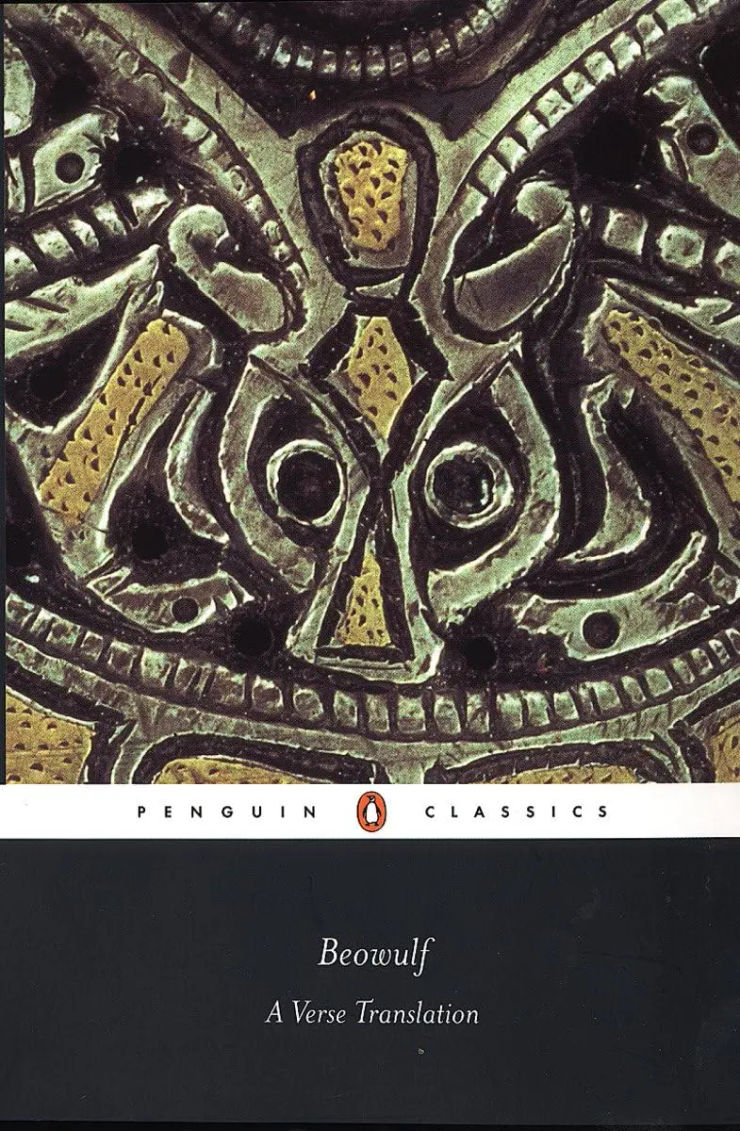
Originally written in Old English, Beowulf tells the story of the eponymous hero and his battles against a monster, Grendel, Grendel's mother, and finally a dragon who intends to destroy his homeland. A dark world where humans and the supernatural live side by side is brought terrifyingly into the light.


